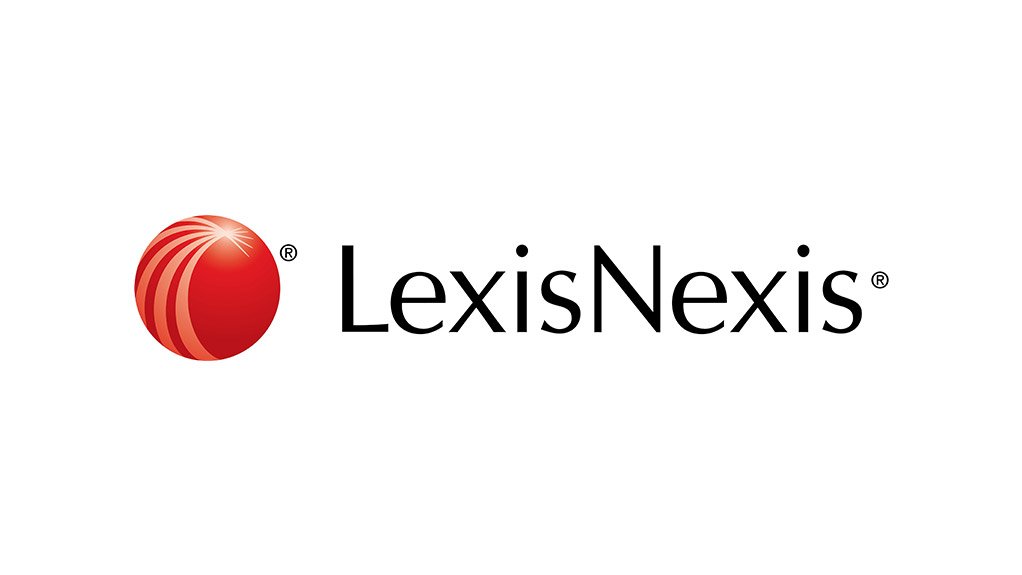The factors which inform the balancing act necessary to give effect to the principle of common but differentiated responsibilities espoused in international climate change law were so evident during the then Deputy President Cyril Ramaphosa’s recent trip to Davos.
Though he highlighted that “South Africa is open for investment”, in discussing Cape Town’s water crisis, he confirmed his view that climate change is not a “fable” and said that in South Africa “we are now seeing the real effects of climate change”. While an investor friendly environment surely contemplates less regulatory and tax burdens, South Africa’s proposed national actions against climate change still include a carbon tax.
On 15 December 2017, National Treasury published the Second Draft Carbon Tax Bill, the first having been published for comment in November 2015. Comments may be submitted by 9 March 2018 with the aim of finalising by mid-2018.
According to the Media Statement released together with the Draft Bill, the “carbon tax bill (is intended to) enable South Africa to meet its nationally-determined contribution (NDC) commitments in terms of the 2015 Paris Agreement (on climate change), and to reduce (its) greenhouse gas emissions in line with the National Climate Change Response Policy and National Development Plan”.
The Media Statement further states since the Paris Agreement comes into effect in 2020, “(South Africa’s) efforts to reduce its greenhouse gas emissions and meet (its) commitments cannot be further delayed.” Carbon tax is considered to be an important component of the measures to be implemented by South Africa to meet its NDC. At a recent joint meeting of parliament’s finance committees and its environmental affairs committee, the Department of Environmental Affairs said that the tax is being used to incentivise large emitters to reduce their emissions. Evidently National Treasury is of the review that the tax will reduce emissions on a business as usual basis by between 13 and 14.5% by 2025 and 33% by 2035.
Carbon dioxide equivalent emissions will be determined on the basis of fossil fuel inputs. Emissions will be reported in accordance with the National Greenhouse Gas Emission Reporting Regulations published by the Department of Environmental Affairs. According to the Explanatory Memorandum published together with the Bill by National Treasury, liability will be calculated as the “tax base (total quantity of GHG emissions from combustion, fugitive and industrial processes proportionately reduced by the tax-free allowances) multiplied by the rate of the carbon tax.”
The Bill provides for the phased introduction of carbon tax. The first phase, which will apply for four to five years after implementation, will only apply to entities with a total installed capacity that is equal to or above the indicated threshold (mostly a total installed thermal capacity of around 10MW). The proposed tax is R120 per ton of carbon dioxide equivalent for emissions above the tax-free thresholds.
The fossil component of blended fuels or biomass as well as energy recovery from waste is also required to be reported to the Department of Environmental Affairs (and are therefore taxable). For non-stationery and/or mobile emissions, the carbon tax will be included in the fuel tax regime.
Transitional tax-free allowances are also included such as a basic tax-free allowance of 60 per cent; additional tax-free 10 percent allowances for process as well as fugitive emissions; a variable (with maximum 10 percent) tax-free allowance for trade-exposed sectors; a maximum tax-free allowance of 5 percent for above average performance; a 5 percent tax-free allowance for companies with a Carbon Budget; and a carbon offset allowance of either 5 or 10 percent. If all these allowances are realizable, the total tax-free allowance in the first phase (i.e. to 2022) may be as high as 95 percent thus reducing the tax rate to R6-R48 per tonne. Evidently, by combining tax incentives and revenue recycling measures, the tax is planned to be “revenue neutral” in the first phase.
National Treasury will announce the implementation date separately “taking into account the state of the economy”. What determines the “state of the economy” in the current complex environment where urgent measures to restore investor confidence but also to take decisive climate change related actions are required. Does the proposed phased introduction of the carbon tax coupled with the allowances and revenue recycling measures satisfy all competing interests?
One thing is certain (apart from death and taxes): we must all pay close attention to the National Budget Speech – is the time right for an announcement? LexisNexis Assure will keep you up to date on developments – it will not only let you know when the Carbon Tax Bill is promulgated and provide you with a detailed summary of the Bill when this happens but it will also remind you when the tax is being implemented. In addition, LexisNexis has secured a team of experts including Mansoor Parker, Olivia Rumble and Andrew Gilder to produce a Carbon Tax focused work which will provide background, indepth analysis and guidance on practicalities and implementation.
Written by Justine Sweet, LexisNexis contributing author and specialist environmental legal consultant
EMAIL THIS ARTICLE SAVE THIS ARTICLE ARTICLE ENQUIRY
To subscribe email subscriptions@creamermedia.co.za or click here
To advertise email advertising@creamermedia.co.za or click here











